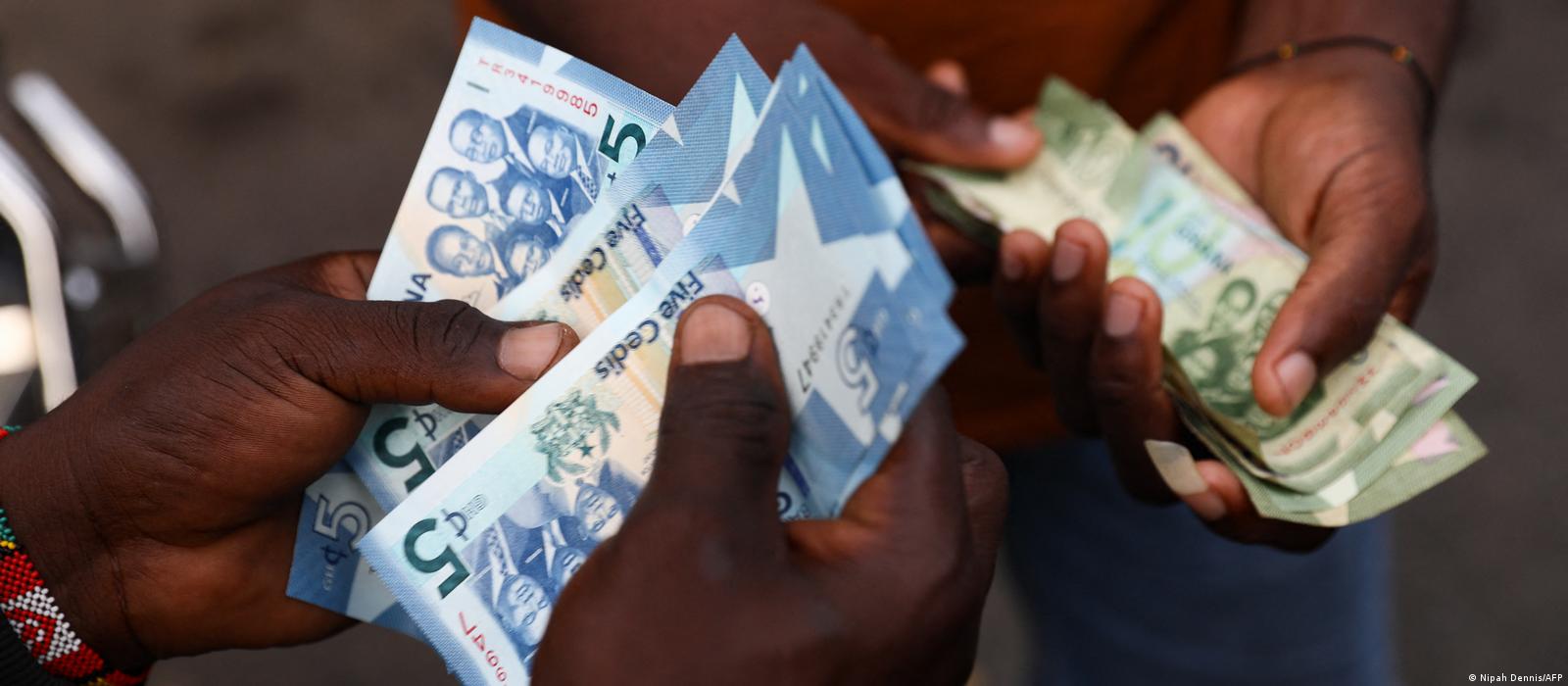
For the fourth month in a row, Ghana’s inflation has slowed down. Inflation rate for the West African country for July, declined to 20.9% year on year from 22.8% in June.
Ghana’s inflation drop is a result of a fall in both food and non-food inflation, Ghanaian government statistician Samuel Kobina Annim revealed to members of the press on Wednesday.
The inflation rate fell to a 28-month low in July, allowing for more monetary policy easing this year.
Following an unexpected interest rate drop in January, the central bank maintained the benchmark rate at 29% as a weak local currency obscured the prospect for consumer-price increases, as reported by Bloomberg.
The Bank of Ghana is scheduled to issue its next interest rate decision on September 30. Blomberg also revealed that its median inflation rate from a survey of four economists stands at 21.5%.
Ghana’s currency performance
Another report by the Ghanaian newspaper, My Joy Online, revealed that the Ghanaian Cedi has depreciated by around 19.6% against the US dollar in the interbank currency market as of July 2024, according to the Bank of Ghana.
This is less than the approximately 21% loss in value of the US dollar on the retail market. The country’s central bank via its July 2024 Summary of Financial and Economic Data, showed that the cedi’s value fell 7.7% against the dollar in March 2024 ,10.5% against the dollar in April.
15.9% in June and 18.6% in July 2024,.
The average retail price for one dollar is GH¢15.60, whereas the Bank of Ghana quotes it at GH¢14.78.










